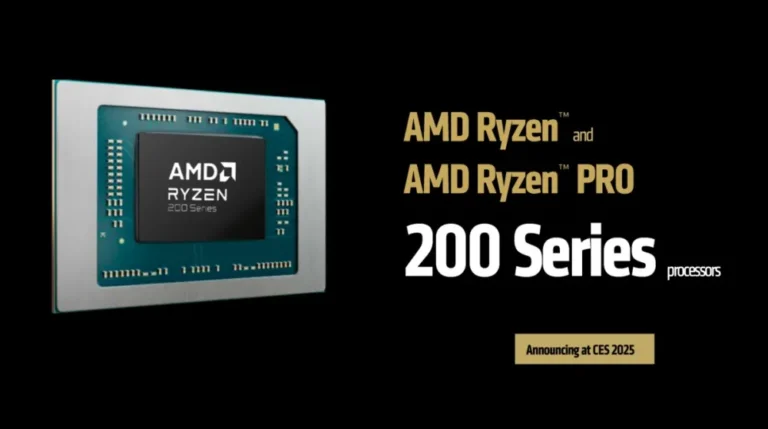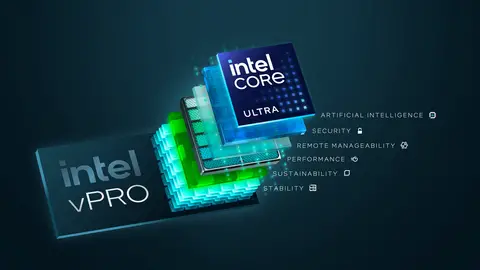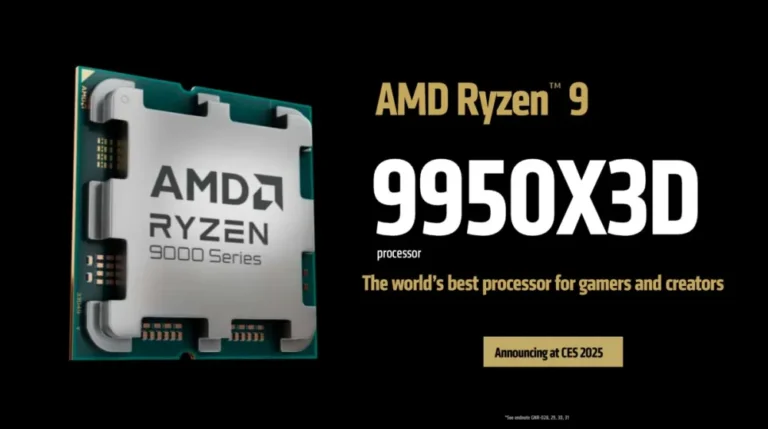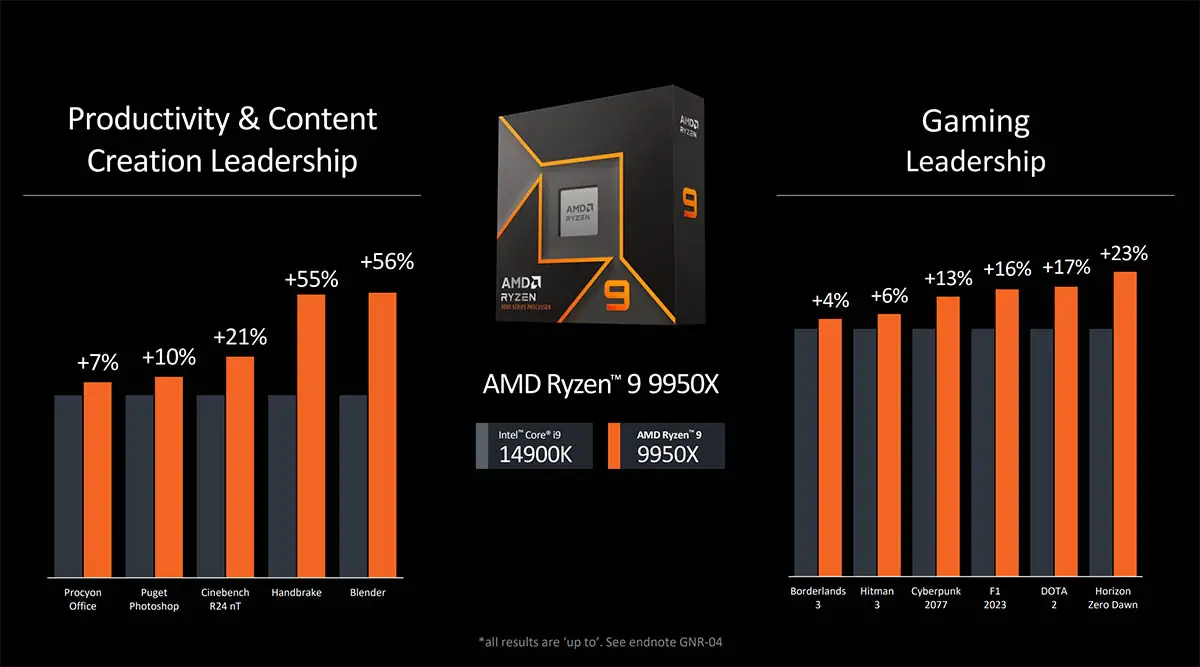
At the Taipei Computex 2024 press conference, AMD unveiled its new Zen 5 architecture Ryzen 9000 series desktop processors. According to the current information, the new generation processors boast a 16% IPC improvement over the current Ryzen 7000 series. In terms of gaming performance, they outperform Intel’s Core i9-14900K in many areas. However, how do they compare to AMD’s own Ryzen 7000X3D? Regrettably, the Ryzen 7000X3D still reigns supreme in the gaming domain.
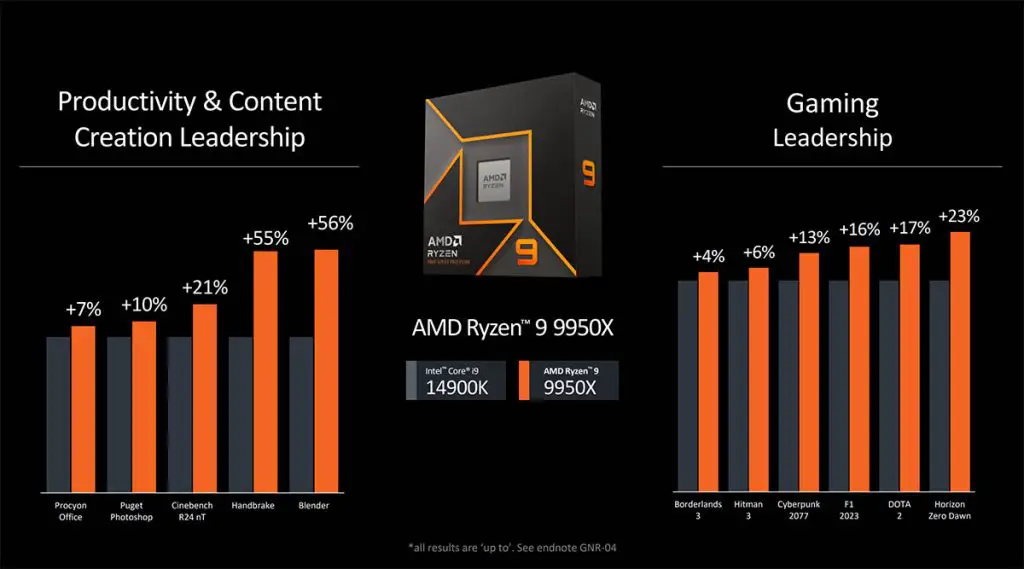
Donny Woligroski, Senior Technical Marketing Manager for AMD’s consumer processors, confirmed in an interview with Tom’s Hardware during Computex that the Ryzen 7000X3D would surpass the forthcoming Ryzen 9000 processors in gaming performance, at least when comparing the Ryzen 7 7800X3D to the Ryzen 7 9700X. However, he noted that the performance gap would be smaller than anticipated.
This scenario is not unprecedented. When the Zen 4 architecture Ryzen 9 7950X was launched, it lagged behind the earlier Zen 3 architecture Ryzen 7 5800X3D in gaming by about 8%. It wasn’t until a year later, with the release of the new Ryzen 7000X3D series, that gaming performance reached new heights.
Woligroski highlighted that the performance gap between the Ryzen 9000 and Ryzen 7000X3D would be narrower this time, thanks to the Zen 5 architecture’s 16% IPC increase, faster L1 and L2 caches, and higher boost frequencies. Although the officially announced frequencies for the Ryzen 9000 and Ryzen 7000 are similar, the Ryzen 9000 maintains higher frequencies for longer periods. As a result, the Ryzen 9000 will perform significantly better than the Ryzen 7000X3D under production workloads.
For users concerned with overall performance, the Ryzen 9000 offers better energy efficiency, higher frequencies, and superior multi-threading performance, making it more attractive than the Ryzen 7000X3D. However, for gamers focused on gaming performance, the Ryzen 7000X3D currently holds greater appeal. Nonetheless, the Ryzen 9000X3D won’t keep enthusiasts waiting long; the latest reports suggest AMD will launch it in September, just two months after the Ryzen 9000’s release.
